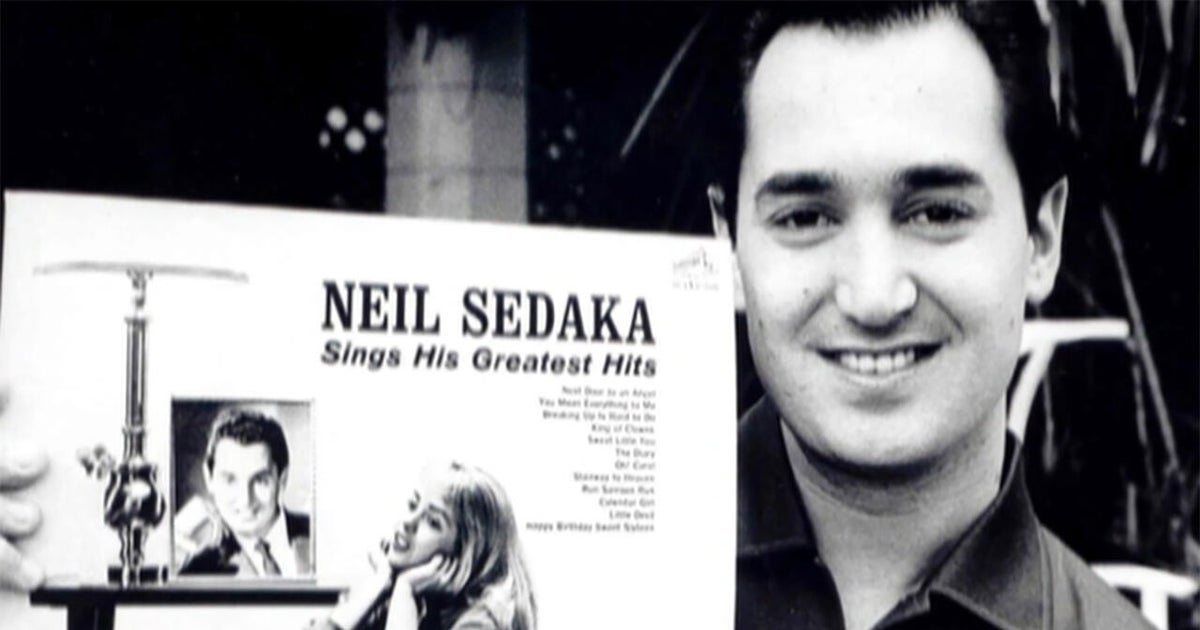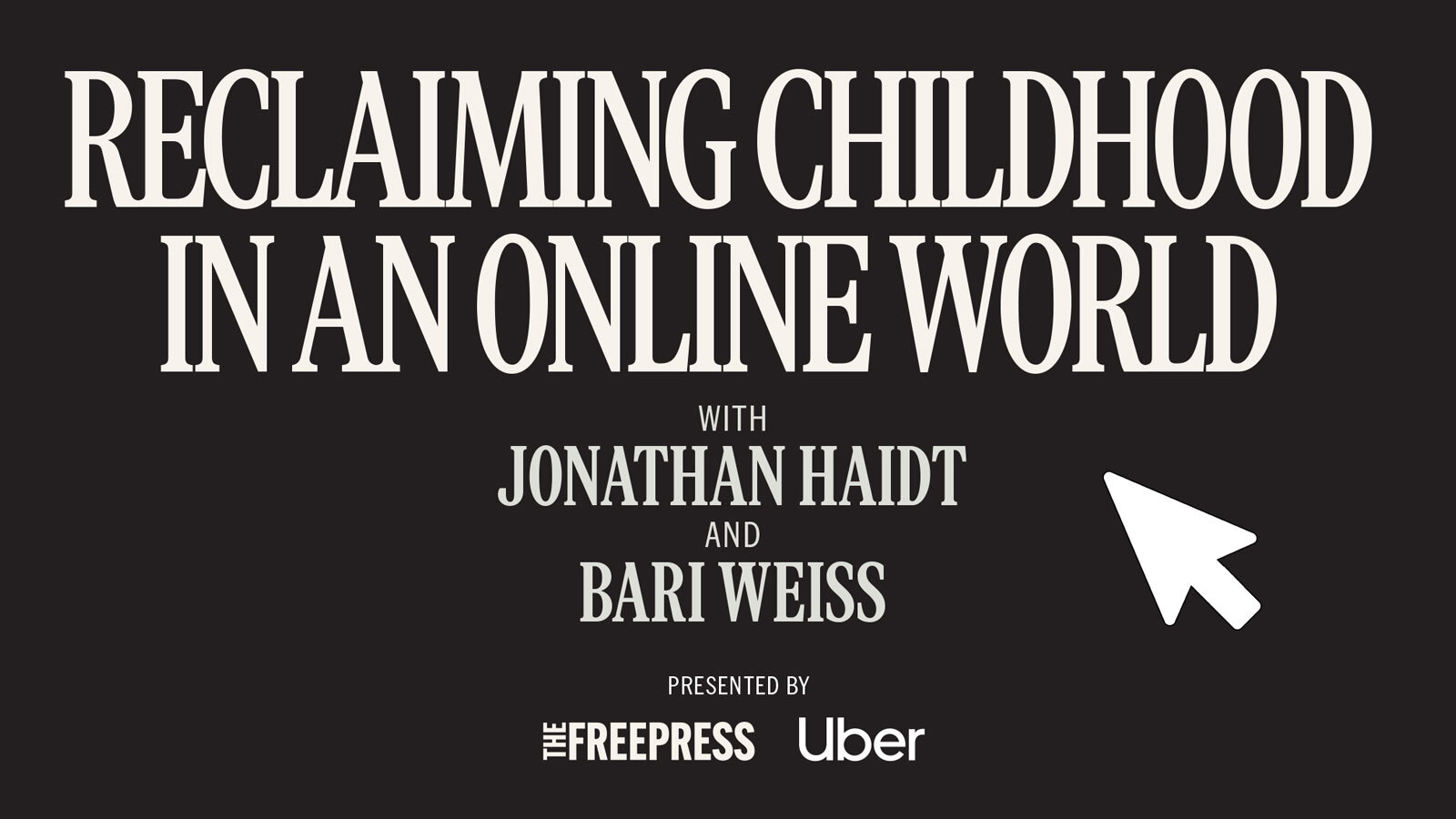Book Excerpt: "His Very Best: Jimmy Carter, A Life"
"His Very Best: Jimmy Carter, A Life" (published by Simon & Schuster, a division of ViacomCBS), by bestselling historian Jonathan Alter, is the first full-length biography of the 39th president.
Read an excerpt below from the first chapter, in which we learn of the town, Plains, Ga., where Carter was raised:
When he was old and allowed himself a reverie, he remembered the soil and the way it felt as it caressed his bare feet. From early March until late October, he almost never wore shoes, even to school. The loam of southwest Georgia was made of dark sand and red clay that spread over his face and his clothes and his house – one day as powder, the next, he said, as pellets the size of grits.
The blue-eyed, freckle-faced boy enjoyed a carefree idyll in the early 1930s that was little different than it would have been in the 1830s or 1730s or even – he liked to say – two thousand years ago, when Jesus Christ walked the earth. Time was measured not by clocks or pocket watches but by the sun and the clanging of the cast-iron farm bell. Until he was eleven, his homestead had no running water, no electricity, no insulation, and no mechanized farm equipment; only slop jars and outhouses, hand-pumped wells, kerosene lamps, ancient mule-driven plows, and black laborers to work the land in a feudal system just one step removed from slavery.
In other ways, he experienced many of the technologies that were coursing through the twentieth century. His boyhood on the farm coincided almost exactly with the years of the Great Depression, when his family suffered along with the rest of the country. But they were well-to-do by local standards and boasted a telephone (on a shared "party line" with two other families and an operator, Miss Gladys, who knew everyone's business), automobiles (a Plymouth and later a pickup truck), and a large battery-powered radio, shaped like a cathedral, which everyone sat and stared at while the voices of Little Orphan Annie, Amos 'n' Andy, Jack Benny, Glenn Miller, and Franklin D. Roosevelt crackled across the small parlor. Atlanta was 160 miles north – as distant as Moscow or Peking, he wrote later, though dreams of the outside world were never far from his mind.
His first universe was Plains, named for the Plains of Dura, the land near Babylon in the Book of Daniel where ancient Israelites refused to bow down to idols. The perfectly flat and circular town, a mere mile in diameter, had been founded only forty years earlier by enterprising merchants anxious to convert the cotton bales that lined the unpaved roads into an outcropping of low-slung buildings that might bring prosperity for themselves and local farmers.
In summer, Plains lay inside "the gnat belt." Locals learned from childhood the subtle gesture later known as "the Georgia wave": flicking the annoying if harmless insects away from their faces or more often ignoring them altogether. In winter, it was surprisingly cold, and the boy's most unpleasant childhood memories were of shivering all night, even under blankets. Set on the western edge of Sumter County, Plains looked like a movie facade and consisted mostly of a one-sided Main Street – a mere one block in length – that local farmers would visit on weekends by horse and buggy or Model T, eager to get out of the fields to shop and converse. Fewer than half of the town's residents were white.
From "His Very Best: Jimmy Carter, A Life" by Jonathan Alter (Simon & Schuster). Copyright © 2020 by Jonathan Alter. Reprinted by permission of Simon & Schuster, Inc, N.Y.
For more info:
- "His Very Best: Jimmy Carter, A Life" by Jonathan Alter (Simon & Schuster), in Hardcover, eBook and Audio formats, available September 29 via Amazon
- jonathanalter.com




